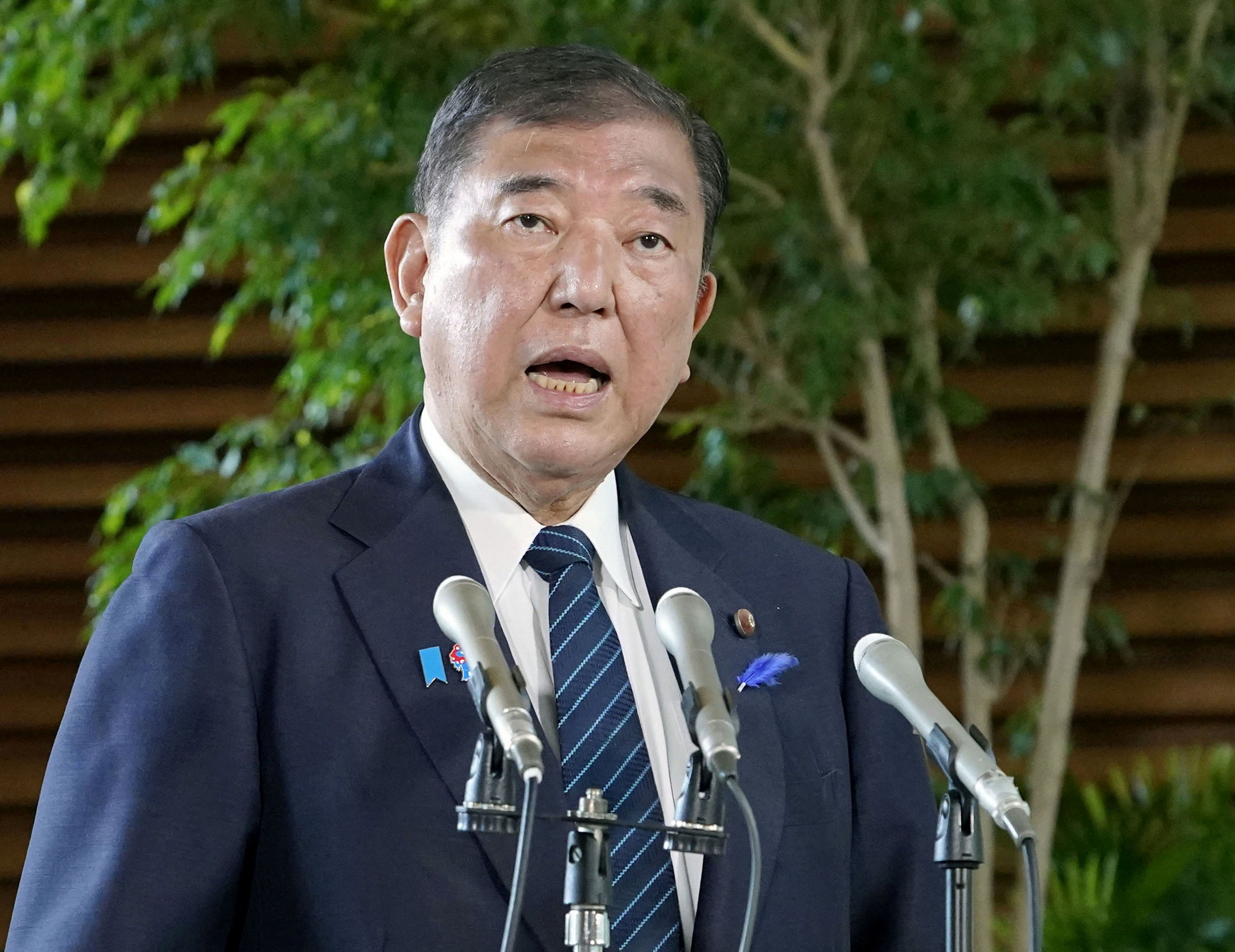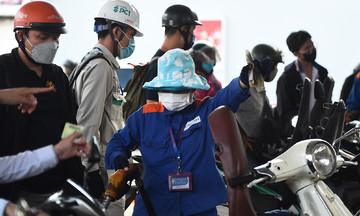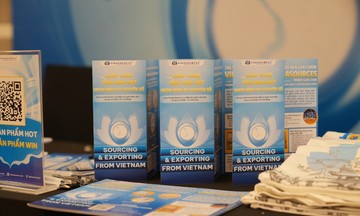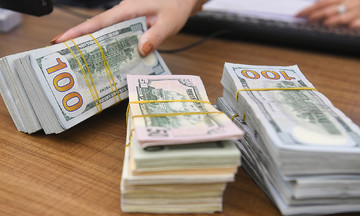On 7/7, US President Donald Trump signed an executive order imposing new retaliatory tariffs effective August 1. He also sent out the initial 14 tariff notices to 14 countries, mostly in Asia.
Exports from South Korea, Japan, and Malaysia will face a 25% tariff. Indonesia, Bangladesh, Cambodia, and Thailand will be subject to 32-36% tariffs. Laos and Myanmar face the highest rate at 40%. However, these rates are mostly equal to or lower than those announced by Trump in early April.
According to Japanese media, Prime Minister Shigeru Ishiba expressed his disappointment with the tariff announcement. He affirmed Japan's commitment to continuing negotiations with the US to reach a bilateral trade agreement.
During a meeting with ministers on 8/7 to discuss strategies for dealing with import tariffs, Ishiba also revealed he had received a proposal from the US to continue negotiations until the new deadline of August 1. "Depending on Japan's response, the content of the letter could be adjusted", Ishiba said.
 |
Japanese Prime Minister Shigeru Ishiba addresses the press after the morning meeting on 8/7. Photo: Reuters |
Japanese Prime Minister Shigeru Ishiba addresses the press after the morning meeting on 8/7. Photo: Reuters
Meanwhile, South Korean officials announced they would hold a meeting with stakeholders on 8/7 to discuss negotiation strategies with the US. According to Yonhap, Presidential Chief of Staff for Policy Kim Yong-beom is expected to attend the meeting, along with senior government advisors and officials from the Ministry of Industry, Finance, and Foreign Affairs.
South Korea's Ministry of Industry stated it "will intensify negotiations in the remaining time to achieve mutually beneficial results, aiming to quickly resolve import tariff instability". Several high-ranking South Korean officials recently traveled to the US for trade and defense talks.
In Thailand, Acting Prime Minister Phumtham Wechayacha told reporters that he wanted "a better deal" and affirmed that "the most important thing is to maintain good relations with the US". Thai Finance Minister Pichai Chunhavajira expressed surprise at the new tariffs but remained confident that import duties would be reduced to levels comparable to other countries.
The current 36% rate is the same as announced on 2/4. Before Trump's tariff announcement, the Thai Ministry of Finance had proposed a new trade deal, reducing tariffs to 0% on many US goods.
Malaysia, like the other economies mentioned, is committed to continuing negotiations with the US to resolve the current issues. "Malaysia is committed to continuing dialogue with the US towards a balanced, comprehensive, and mutually beneficial trade agreement", Malaysia's Ministry of Investment, Trade and Industry said in a statement on 7/7.
Meanwhile, on X, South African President Cyril Ramaphosa disagreed with the imposed 30% tariff. He explained that 77% of US goods entering the country are not subject to import duties and argued that the rate "does not accurately reflect current trade data". However, he said South Africa is making diplomatic efforts towards "a more balanced and mutually beneficial trade relationship" with the US.
On CNBC, Deborah Elms, executive director of the Asian Trade Centre at the Hinrich Foundation, suggested that the negotiating efforts of these countries seem to have little impact on the final outcome.
"Southeast Asian countries, despite trying to offer concessions, have received results similar to those that didn't go to Washington or weren't invited to meet", Elms said. She believes Trump may still be targeting Asian countries due to "concerns about regional supply chains related to China".
President Trump said he remains open to extending the deadline if countries offer proposals. "I'm pretty sure about the August 1 deadline, but not 100%. If they call and say they want to do it differently, we're still open", he said.
Ha Thu (via AFP, Reuters)












